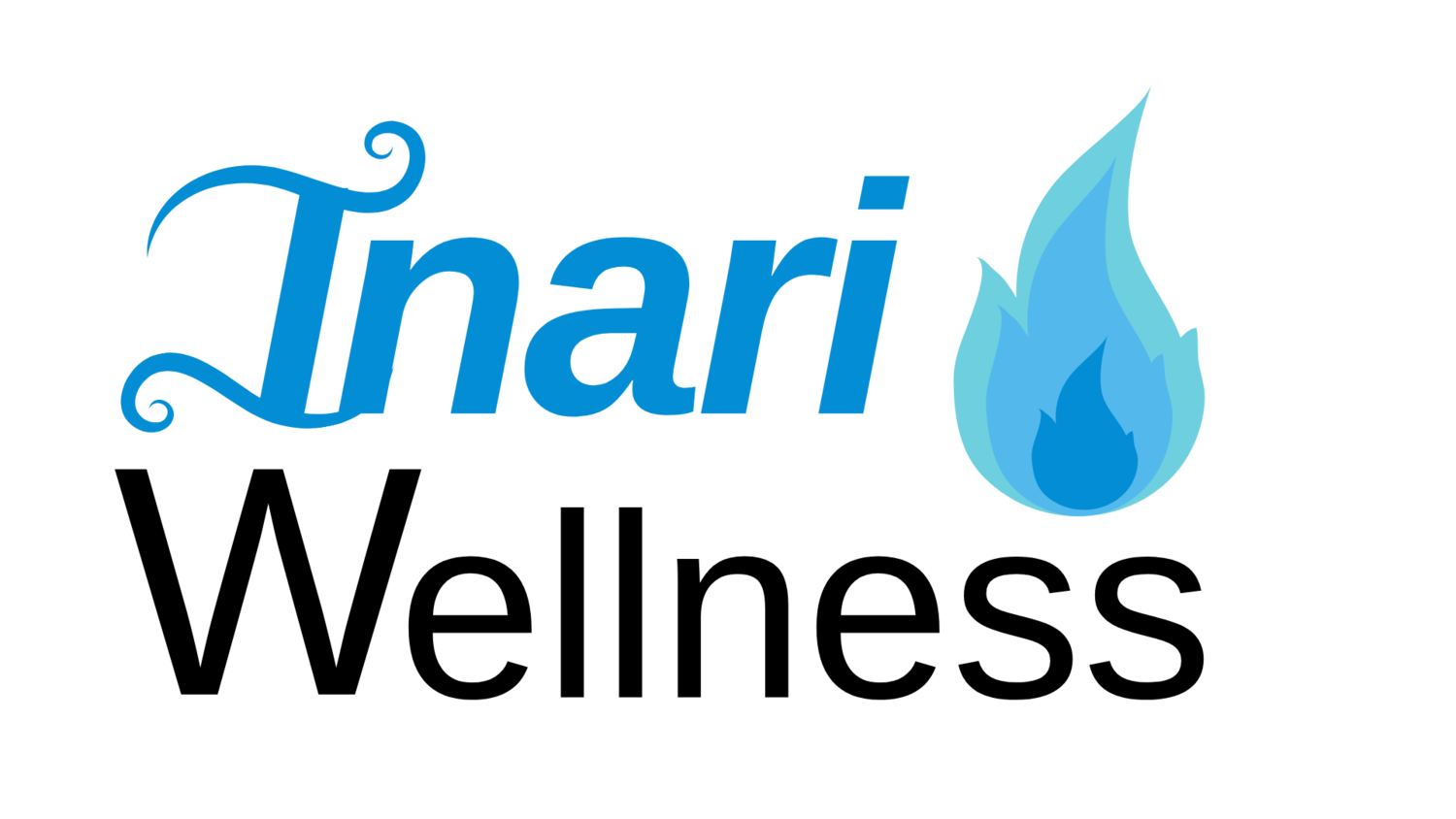Traditional Chinese Acupuncture
Acupuncture is defined as a system of integrative medicine used to alleviate pain and to treat various physical, mental and emotional conditions.
This is accomplished by restoring blood flow and Qi which promotes health and balance within the body.
Human beings are deeply connected with all the phenomena of nature, formed from and nourished by nature’s essential elements, influenced by its rhythms and subject to its laws of growth and change. Our health can be defined as a harmonious relationship between our own internal condition and our external environment. There must be a balance between body, mind, spirit and our relationship with nature.
In Traditional Chinese Medicine (TCM) theory, the human body is an energetic system in which energy (QI) flows along pathways (meridians) throughout our bodies. When the body is in harmony and balance the flow is smooth. An imbalance disrupts the flow of blood and QI which in turn manifests as pain, dysfunction, injury, disease/disorders.
What Does Acupuncture Do?
Analgesic: The most commonly known result of acupuncture is the relief or reduction of pain. The increase of endorphins and blood flow helps the body in many ways. The endorphins act as a pain killer and the blood flow brings your immune system to the area and allows it to treat the cause directly.
Motor Recovery: Acupuncture has played a major role in the recovery of neck, jaw, shoulder, elbow, wrist, hip, knee and ankle function.
Sedation: Acupuncture decreases the delta and theta wave activity in the brain resulting in deep relaxation and sleep. This effect makes treatments very relaxing and enjoyable. Measurable changes in brain chemistry have been observed.
Homeostasis: Refers to the internal state of the body returning to a natural balance. Acupuncture helps balance the sympathetic and parasympathetic divisions of the nervous system and endocrine system.
Immune Enhancing: Acupuncture can strengthen the body against disease. In some cases a two to four fold increase in antibodies have been observed. If you tend to have a weak immune system, acupuncture can help.
Does It Hurt?
It is a common misconception that acupuncture hurts. Most people don’t feel anything at all during the treatment. You may feel an ache or throb initially, but the sensation should pass. If you do feel pain that is not going away, the practitioner will take out the needle.
Acupuncture needles are almost a tenth of the size of a typical medical needle, so people very rarely feel any pinch or pain.
Acupuncture vs Dry Needling
You may have had “acupuncture” done by a physiotherapist, chiropractor, or massage therapist, and it may even have been painful. Many of these practitioners preform dry needling which is very different from traditional acupuncture.
Dry Needling
Western and science based origin around 1940.
Works specifically with muscular-skeletal complaints.
The needles is inserted into a trigger point. The needles is manipulated until the muscle is wrapped around the needle and given two options, rip or relax. The muscle then relaxes.
Painful.
1-2 day training for practitioners.
Used as a supplementary treatment and thus less clinical experience.
Acupuncture
Originated in China over 5000 years ago.
Used for pain, but also for systemic dysfunctions (blood pressure, gastric conditions, fertility, etc.).
Needles are inserted into acupoints. The needle may be manipulated slightly, but generally it is left in place. The body then releases endorphins and increases blood and energy flow to the area.
Generally painless.
2-3 years minimum of training.
Used in daily practice. An acupuncturists primary modality.
What does Acupuncture Treat?
The following image lists the conditions treatable with acupuncture according to the World Health Organization. Many conditions can be treated, and if you have any conditions not listed but are curious about acupuncture, just ask!




